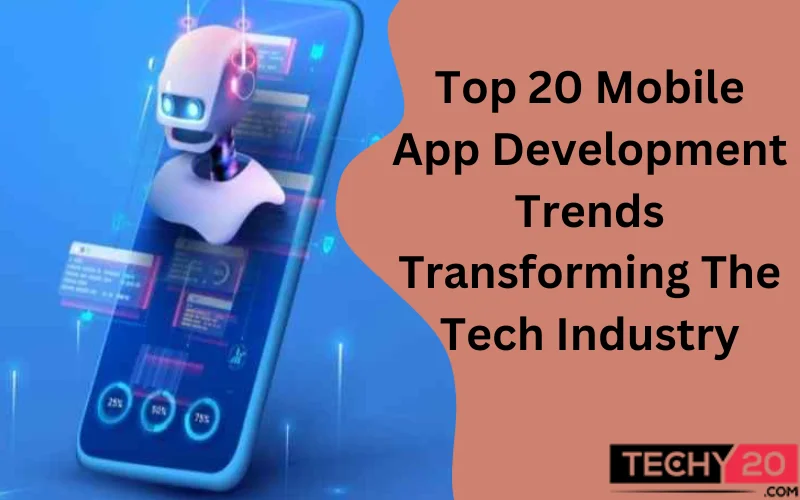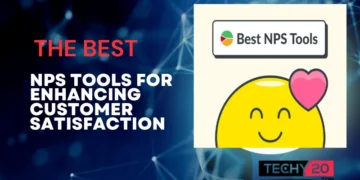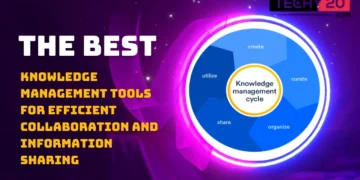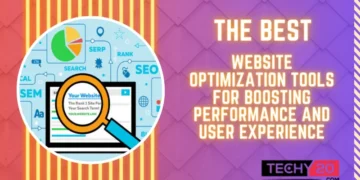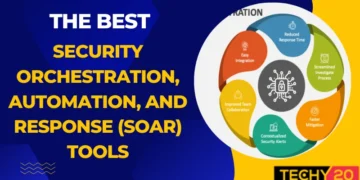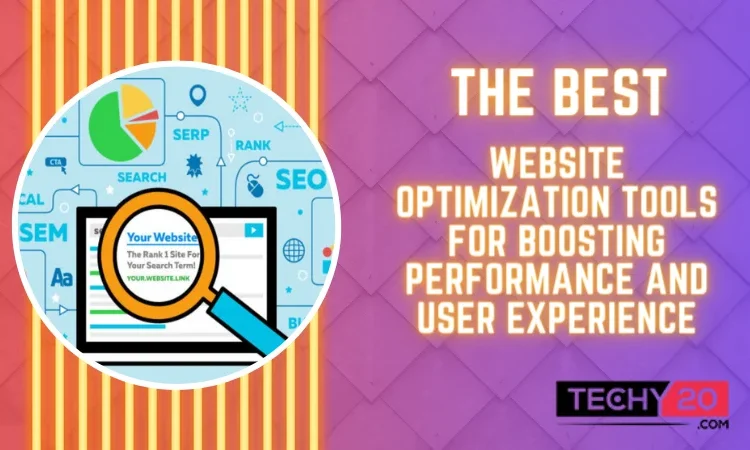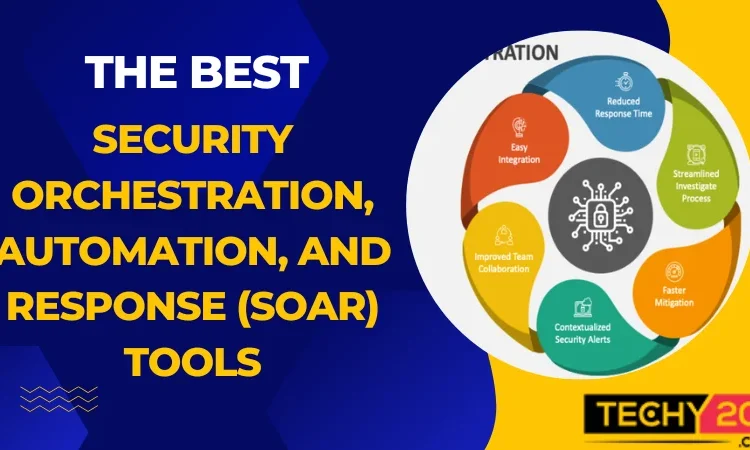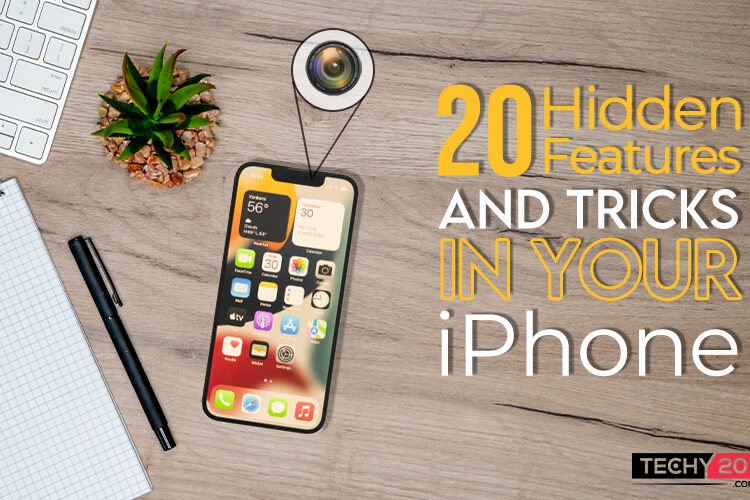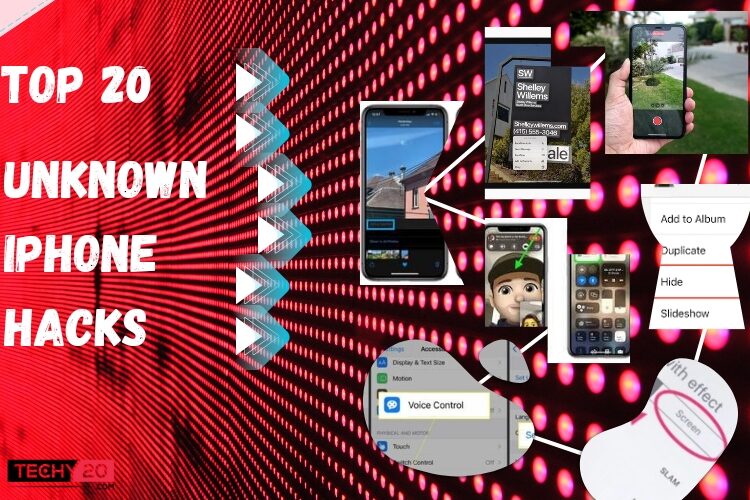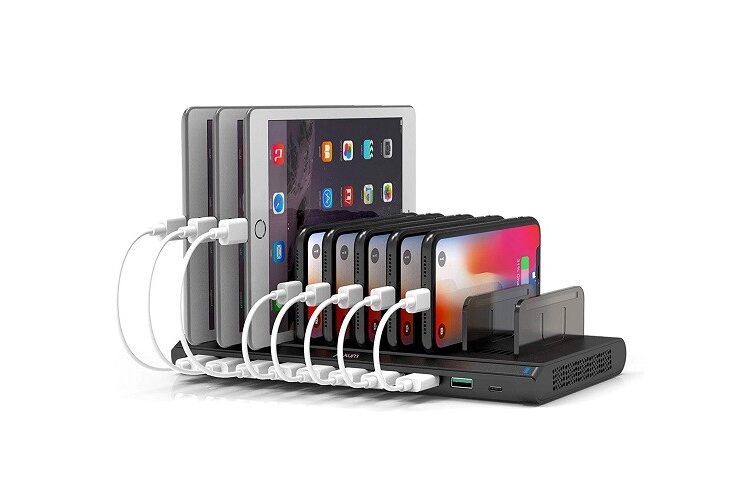The evolving technology industry consistently presents challenges and opportunities for developing mobile applications. Businesses and developers must stay updated on the trends to remain competitive and deliver user experiences. This article will explore 20 trends in mobile app development, shaping the industry and revolutionizing how we engage with apps.
1. Artificial Machine Learning
Artificial Intelligence (AI) and Machine Learning (ML) have become components of mobile applications. AI can analyze user data to offer recommendations, automate specific tasks, and enhance user experiences. Machine Learning algorithms enable apps to learn and adapt based on user interactions, improving usability and personalization.
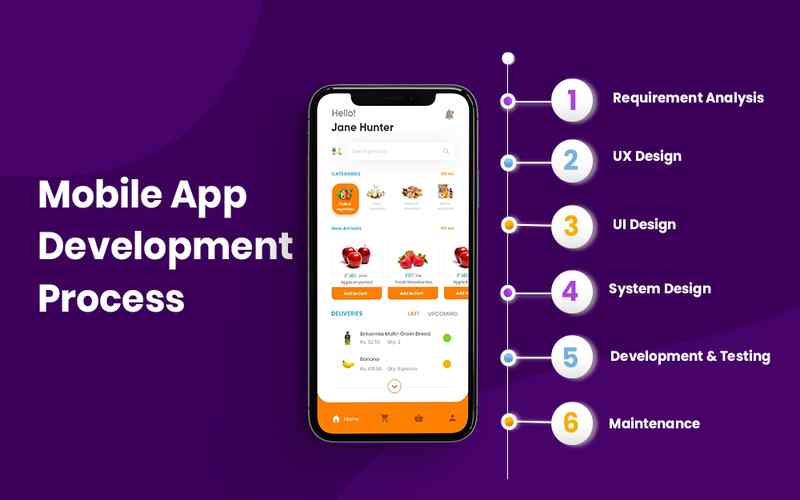
2. Augmented Reality And Virtual Reality
Augmented Reality (AR) and Virtual Reality (VR) have moved from being technologies to becoming mainstream. These technologies immerse users in experiences creating captivating mobile apps across various industries, like gaming, eCommerce, and education. They provide a level of customer engagement and interaction.

3. Internet Of Things (IoT)
The Internet Of Things (iot) connects devices. Objects to the Internet are transforming the landscape of mobile app development. Integrating the Internet Of Things (iot) allows applications to interact with devices, creating user experiences. Mobile applications can control and monitor home systems, enabling device management and efficient workflow automation.
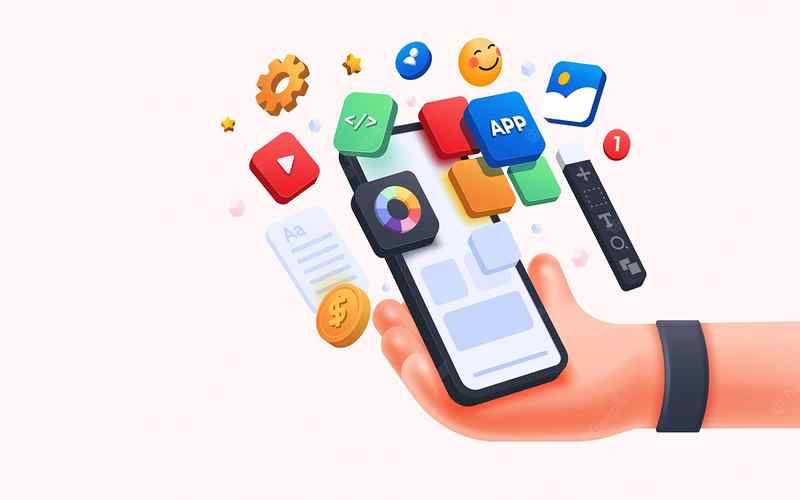
4. Wearable Technology Apps
There has been a rise in technology, which has introduced a dimension for mobile app development. Applications explicitly created for smartwatches and fitness trackers offer accurate time tracking and personalized insights. These apps encourage healthy lifestyle habits and revolutionize healthcare management.
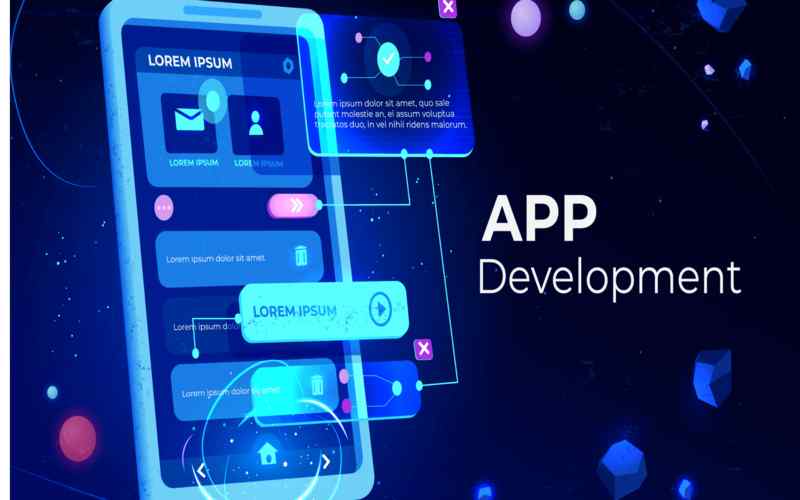
5. Beacon Technology
Beacon technology enhances user experiences by incorporating interactions based on proximity. Mobile applications can utilize beacons to identify their location and provide personalized content or notifications. This technology enables navigation, context-aware messaging, and targeted marketing campaigns.
![]()
6. Chatbots And Virtual Assistants
Chatbots and virtual assistants have become a part of developing applications offering responsive and friendly user experiences. Integrating chatbots or virtual assistants into apps allows round-the-clock customer support, personalized recommendations, and conversational interactions. Users can engage in natural language conversations to access information or complete tasks.

7. On-demand Applications
On-demand apps have gained popularity, revolutionizing service-based industries. Apps for food delivery ride-sharing, grocery shopping, and home services offer access to services with effort. These apps provide convenience, time-saving benefits, and personalized experiences based on location, preferences, and previous interactions.
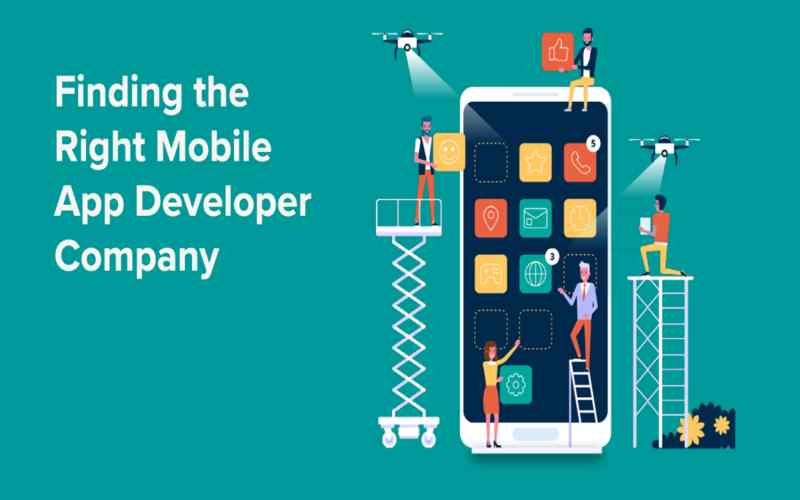
8. Cloud Based App Development
Cloud computing has significantly transformed the landscape of mobile app development. Cloud-based applications offer scalability, flexibility, and enhanced security features. They store information and perform computations in the cloud, guaranteeing that applications can handle users’ growing needs to access data from any device and deliver an experience in situations with limited network connectivity.

9. Biometric Authentication
Biometric authentication has become a convenient approach for verifying users in apps. Fingerprint scanning, facial recognition, and iris scanning are more secure than methods like usernames and passwords, employing authentication and data confidentiality while protecting user privacy.
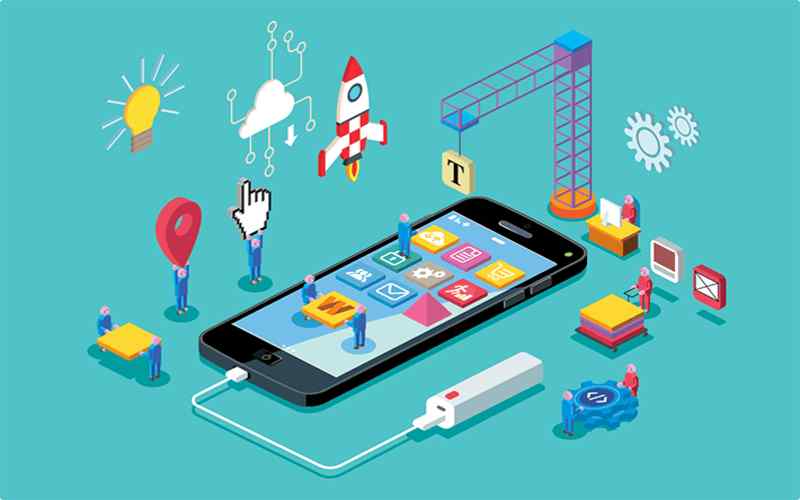
10. Progressive Web Applications
Progressive Web Applications (PWAs) bring together the aspects of web browsing and native app experiences. PWAs are web-based applications that provide functionalities previously limited to apps, including access, push notifications, and device sensor usage. Developed using web technologies, PWAs enable development and deployment across multiple platforms, reducing development costs.

11. Blockchain Technology
The influence of technology extends beyond cryptocurrencies. It Has made an impact on various industries, including mobile app development. Integrating blockchain into apps ensures secure data exchange, prevents tampering, and enhances trust. This technology is precious in finance, supply chain management, and digital identity verification applications.
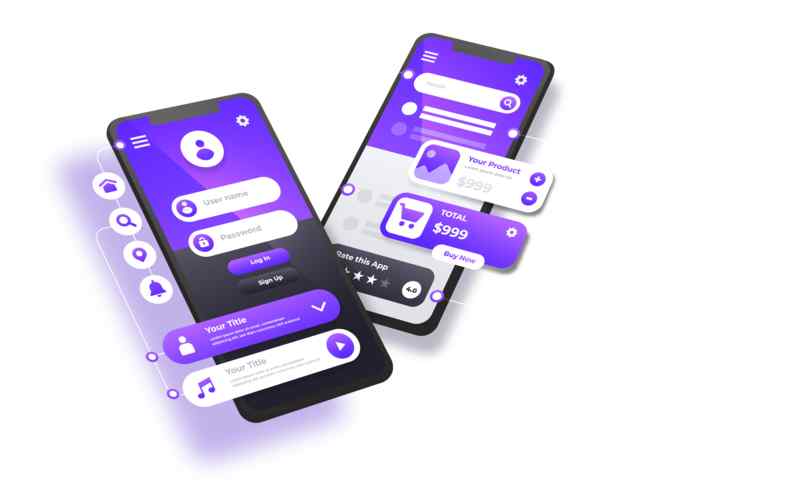
12. Frameworks For Cross-platform App Development
Cross-platform app development frameworks like React Native and Flutter are gaining popularity due to their capability to build apps for platforms using a codebase. These frameworks streamline the development process, reduce costs, and ensure device consistency. Developers can leverage this trend to reach an audience with their apps.
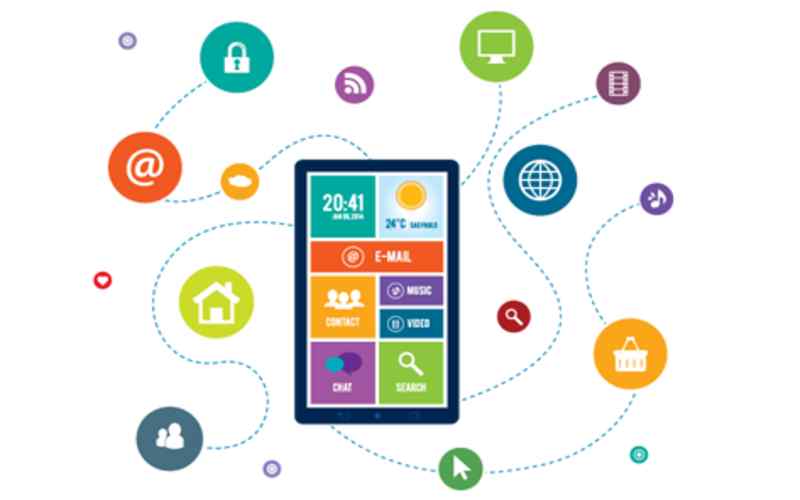
13. Mobile Wallets And Contactless Payment Applications
wallets and contactless payment applications offer users secure methods to conduct transactions. These applications securely store users’ payment information while facilitating purchases with a few taps. Mobile payment applications have made transactions easier, enhanced the customer experience, and created avenues for businesses to explore.

14. Voice User Interface
Voice-enabled apps utilize a Voice User Interface (VUI) to enable users to interact with their applications using voice commands. This growing trend offers a hands-on, user-friendly experience that feels natural and intuitive. Voice-enabled apps are becoming increasingly popular, enabling users to play music, make calls, control smart home devices, and perform various other tasks.
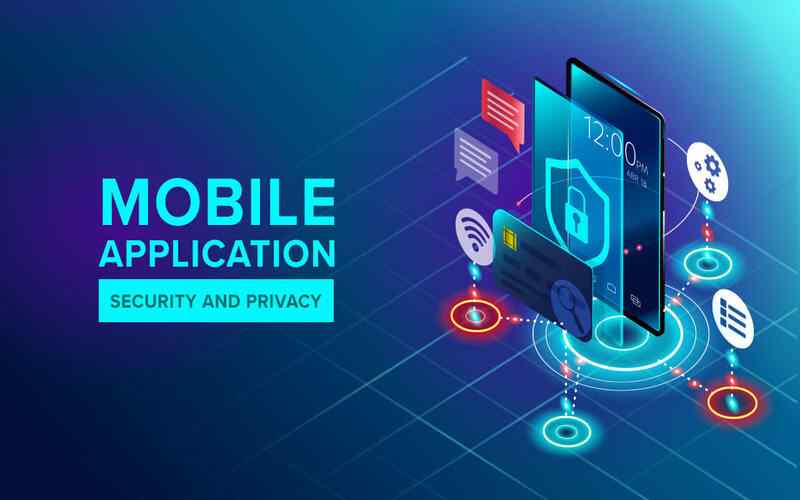
15. Edge Computing
Edge Computing allows data processing and analysis closer to the source, reducing delays and improving real-time capabilities. This trend mainly benefits applications that rely on up-to-the-minute data, such as live streaming, gaming, and navigation apps. With edge computing, users can expect faster response times and a smoother overall experience in situations with connectivity.

16. App Streaming
App Streaming technology allows users to access apps without installing them upfront. Users can try out an app or access features away, eliminating initial barriers. App Streaming speeds up user onboarding processes and increases app discoverability.

17. Instant Apps
Instant apps are versions of mobile applications that users can access without installing them. This app loads and provides core functionalities instantly. Instant apps enhance user acquisition efforts, facilitate app discovery, and remove storage limitations while delivering a user experience.

18. App Personalization
Mobile app personalization involves customizing app experiences based on user preferences, behaviors, and contextual data. Personalization boosts user engagement levels while tailoring the content to each user’s needs. Additionally, personalized content recommendations and notifications help improve the user experience and drive levels of customer satisfaction.

19. Low Code Or No Code App Development Platforms
Platforms for app development that require coding skills allow individuals with coding knowledge to create and launch mobile applications. These platforms utilize user interfaces and pre-designed-designed components, reducing development time and expenses. The availability of code or no-code platforms democratizes app development, allowing entrepreneurs and small businesses to bring their app concepts to life without needing technical expertise.
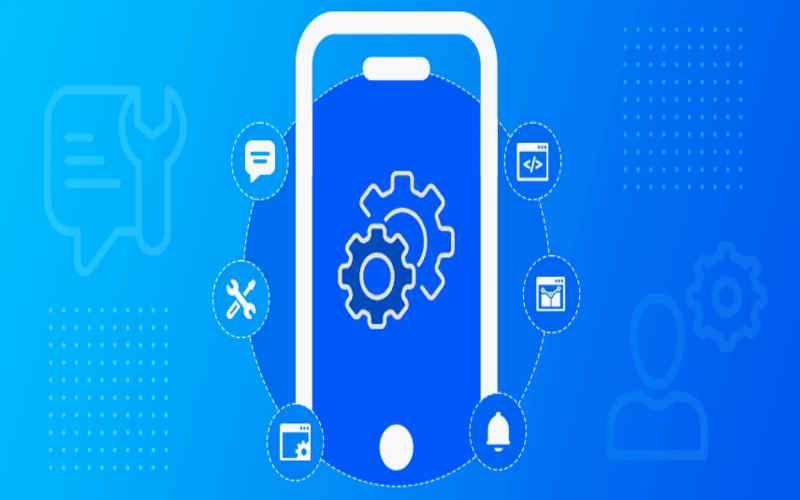
20. Enhanced App Analytics
Advanced app analytics offer insights into how users behave, the performance of the app, and how engaged users are. By analyzing these metrics, developers can pinpoint areas that need improvement and make decisions based on data. App analytics allow developers to enhance the user experience, boost conversions, and retain app users by implementing enhancements.
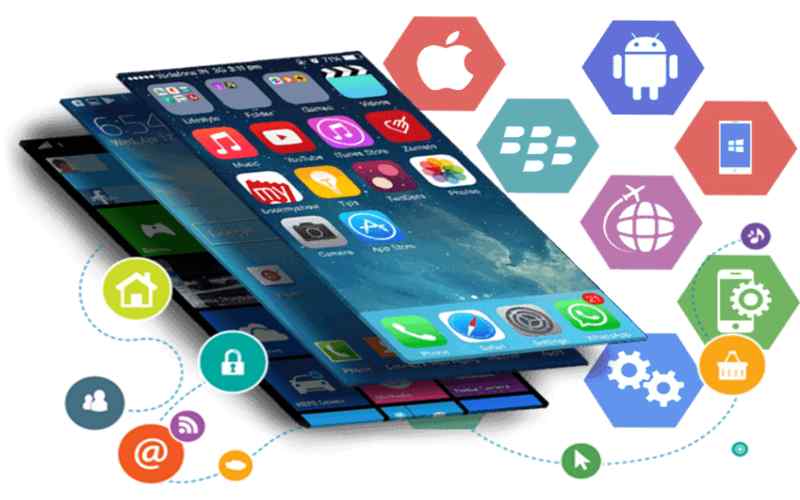
Conclusion
The world of mobile app development is constantly evolving with emerging technologies, changing user preferences, and market demands. These 20 mobile app development trends represent possibilities and innovative solutions that continue to shape the technology industry. Embracing these trends enables businesses and developers to deliver user experiences, stay ahead of competitors, and unlock opportunities in the dynamic realm of mobile app development.

